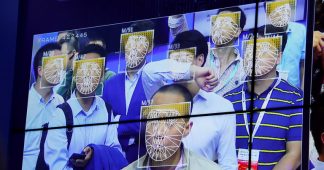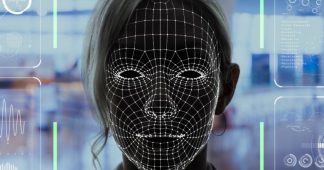2 Nov, 2021
Citing “growing concerns” about privacy and ethics, Facebook has announced it will stop using face recognition technology and delete more than a billion individual templates harvested so far from users who opted into the program.
The decision comes as part of “a company-wide move to limit the use of facial recognition in our products,” Jerome Pesenti, Facebook’s VP of Artificial Intelligence, said on Tuesday.
When the feature is discontinued, sometime “in the coming weeks,” more than a billion Facebook users who have opted in will have their facial recognition templates deleted and they will not be automatically recognized, Pesenti explained.
“Looking ahead, we still see facial recognition technology as a powerful tool, for example, for people needing to verify their identity, or to prevent fraud and impersonation,” Pesenti wrote, but noted also that “the many specific instances where facial recognition can be helpful need to be weighed against growing concerns about the use of this technology as a whole.”
praise be to everyone who fought this demonic piece of surveillance technology and continue to do so everywhere else it rears its ugly head https://t.co/1rp3B39eNy
— Edward Ongweso Jr (@bigblackjacobin) November 2, 2021
Authorities around the world are still working to provide clear rules on the use of the technology, and Facebook is committed to “working with the civil society groups and regulators who are leading this discussion,” the executive added.
Back in August, South Korean regulators fined Facebook for presuming consent to the feature for 200,000 users and not letting them opt out of face recognition. Earlier this year, the Silicon Valley behemoth was also ordered to pay a $650 million class-action settlement to 1.6 million users in the US state of Illinois, after a federal court ruled the facial recognition feature violated state privacy laws.
In response to the lawsuit, originally filed in 2015, Facebook had disabled the automatic facial recognition in 2019 and made it optional.
Facebook noted that the abandonment of facial recognition will impact Automatic Alt Text (AAT), a technology used to help blind or visually impaired users by reading the image descriptions. AAT will no longer attempt to identify users in photos, but will otherwise continue to function. This service was used for about 4% of all photos on the platform, according to the company.
Published at www.rt.com
We remind our readers that publication of articles on our site does not mean that we agree with what is written. Our policy is to publish anything which we consider of interest, so as to assist our readers in forming their opinions. Sometimes we even publish articles with which we totally disagree, since we believe it is important for our readers to be informed on as wide a spectrum of views as possible.









